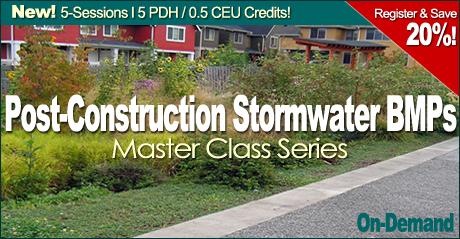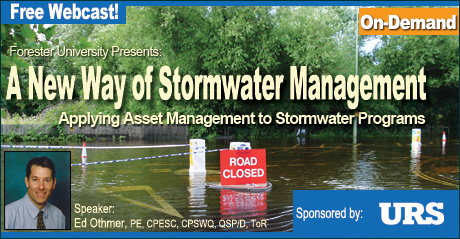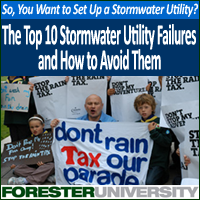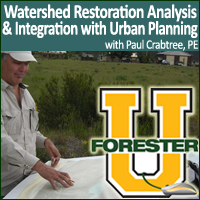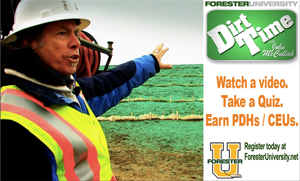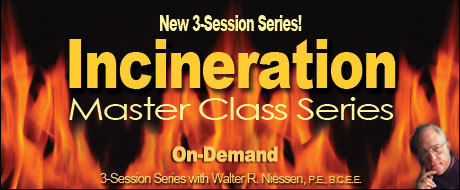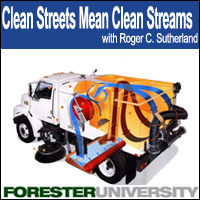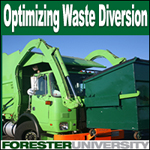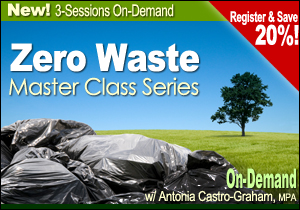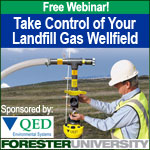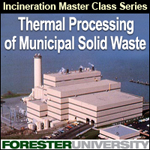Thermal Processing of Municipal Solid Waste
Module 1 of the Incineration Master Class
Presenter: Walter R. Niessen, P.E., B.C.E.E. President, Niessen Consultants
On-Demand
1 PDH / 0.1 CEU
$79.00 location / logon
$39.00 additional attendees
The 1970’s saw the emergence of the incineration systems that started the Waste-to-Energy movement. Remarkable, these systems still dominate the world marketplace today.
So what is a municipal incinerator and how does it work?
Join Walter Niessen for the first session in our 3-part Incineration Series exploring the current options in mass burn incineration systems, their design and operating components, their relationship to the basic characteristics of domestic solid waste, and the special characteristics of refuse derived fuel (RDF) based combustion systems.
In this presentation we’ll take a step beyond our Combustion Series to delve into the details of the current waste combustion and waste-to-energy systems dominating the marketplace. We’ll start our discussion with the fundamental characteristics of solid waste and their impact on combustion systems and air emissions. We’ll discuss the key handling properties of combustion systems and each system’s characteristics (Maximum Continuous Rating) and how these define incinerator operations. We’ll explore the details of current mass market waste combustion systems, their designs, their operating features, and applications, as well as mass burn incineration, refuse derived fuel (RDF), and densified RDF. Within this discussion, we’ll discuss the elements, applications, and alternatives for incinerator components and sub-systems, including: waste receipt, storage, and feeding systems; combustion alternatives (grates, hearths, and fluidizing beds); enclosures; ash and ash processing systems; air pollution control systems; RDF-type incineration systems; and modular-type incineration systems. And finally we’ll end our discussion with an overview of municipal waste combustion where it is today, and preview our next session discussing where it is going tomorrow.
Learning Objectives
Attendees can expect the discussion and education of the following learning objectives.
- Learn the basic pattern and elements in bringing a new waste-to-energy system into being.
- Learn the key characteristics of domestic solid waste
- Learn the significant chemical, thermal and environmental properties of mixed waste and waste components as they impact on combustion systems and air emissions
- Review the key materials handling properties of waste (MSW, RDF, and densified RDF)
- Understand the overall system characteristics (Maximum Continuous Rating) defining incinerator operations
- Understand the Firing Diagram that summarizes the performance envelope of incinerator operations
- Understand the elements of selection of plant sites
- Understand the alternatives and characteristics of: waste receipt, storage, and feeding systems; incinerator combustion alternatives (grates, hearths and fluidized beds); enclosures; ash and ash processing systems; and air pollution control systems
- Understand the alternatives and characteristics of RDF-type and modular-type incineration systems
Incineration Master Class Series
This presentation is the first module in our 3-session Incineration Master Class Series. Currently, we are offering the full Master Class Series at a discounted rate. If you are interested in purchasing the full Master Class Series, you can find information and the registration link here.
Group Discount
Train your whole team without the hassle of travel, and at a discounted rate! For a limited time you may register your first attendee and location for $79 and all additional attendees at $39 for the single session, or register for the full series for $189 for the first attendee and location and $119 for additional attendees. We’ll provide your group administrator a single logon to access all 3 sessions to broadcast to your group, as well as a completion certificate for each registered attendee toward the CEUs/PDHs completed. If you are interested in group pricing, please contact inform@forester.net.
